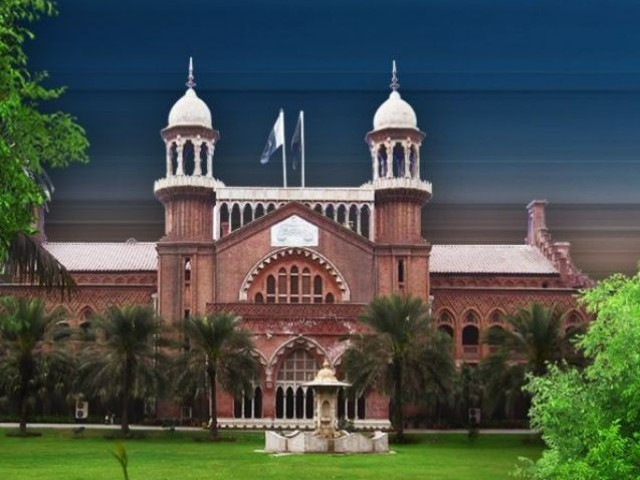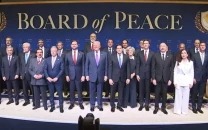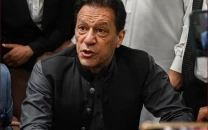Power politics: Exempting VIPs from loadshedding is not justified, says LHC chief justice
Justice Bandial says people are right to take to the streets, peacefully.

Justice Umar Ata Bandial of the Lahore High Court, during a hearing on Tuesday, remarked that exemption of hospitals, nuclear installations, and similar institutions from loadshedding was justified but that of VIP houses and certain housing societies was not.
The Lahore High Court chief justice was hearing a petition requesting that the federal government be restrained from carrying out loadshedding during sehri, iftar and at the time of prayers during Ramazan.
If there is a shortfall in the country, everyone should share it, Justice Bandial said. The government has been unable to improve the situation, he said, but Allah had been kind and the weather had turned pleasant.
He said people had a right to take to the streets against 18 hours of daily loadshedding. When people do not have electricity or water during summers, the CJ said, protesting is justified. However, the protests, he added, should be peaceful.
Justice Bandial summoned a record of loadshedding in the last six months from Pepco and directed the Ministry of Water and Power to apprise the court about financial constraints in producing electricity and expenditure of the billing amount. The hearing was then adjourned until August 17.
On Tuesday, petitioner’s counsel Muhammad Azhar Siddique said that Punjab was not being given its fair share of electricity.
He told the court that though hospitals are supposed to be exempted from loadshedding, in the last three days, three people had died due to electricity outages in the city. Siddique said that load shedding could be controlled if the exemption to presidency, the chief ministers’ houses, the governors’ houses and the PM’s house is revoked. The petitioner’s counsel told the court that Bahria Housing Society was also exempt from loadshedding.
Justice Bandial commented that officers sitting in air-conditioned rooms do not realise how miserable the people are. By exempting VIPs, which he said were two per cent of the population, the rest of the country is being made to suffer. Wapda cannot be allowed to adopt “double standards” when it comes to loadshedding, he noted.
The petitioner added the civil miscellaneous application to his pending petition that seeks a fair loadshedding schedule throughout the country.
In the application, the petitioner pointed out that it was a matter of record that the minister for water and power had promised that there would be no loadshedding at sehri, iftar and the time at which Taraweeh is offered. However, he said, people had to suffer loadshedding even during the ‘exempted time’. He says that Wapda and its subsidiaries were to blame for the shortfall because though they were collecting electricity bills, they were not paying what they owed to the IPPs or oil companies.
Published in The Express Tribune, August 8th, 2012.



















COMMENTS
Comments are moderated and generally will be posted if they are on-topic and not abusive.
For more information, please see our Comments FAQ